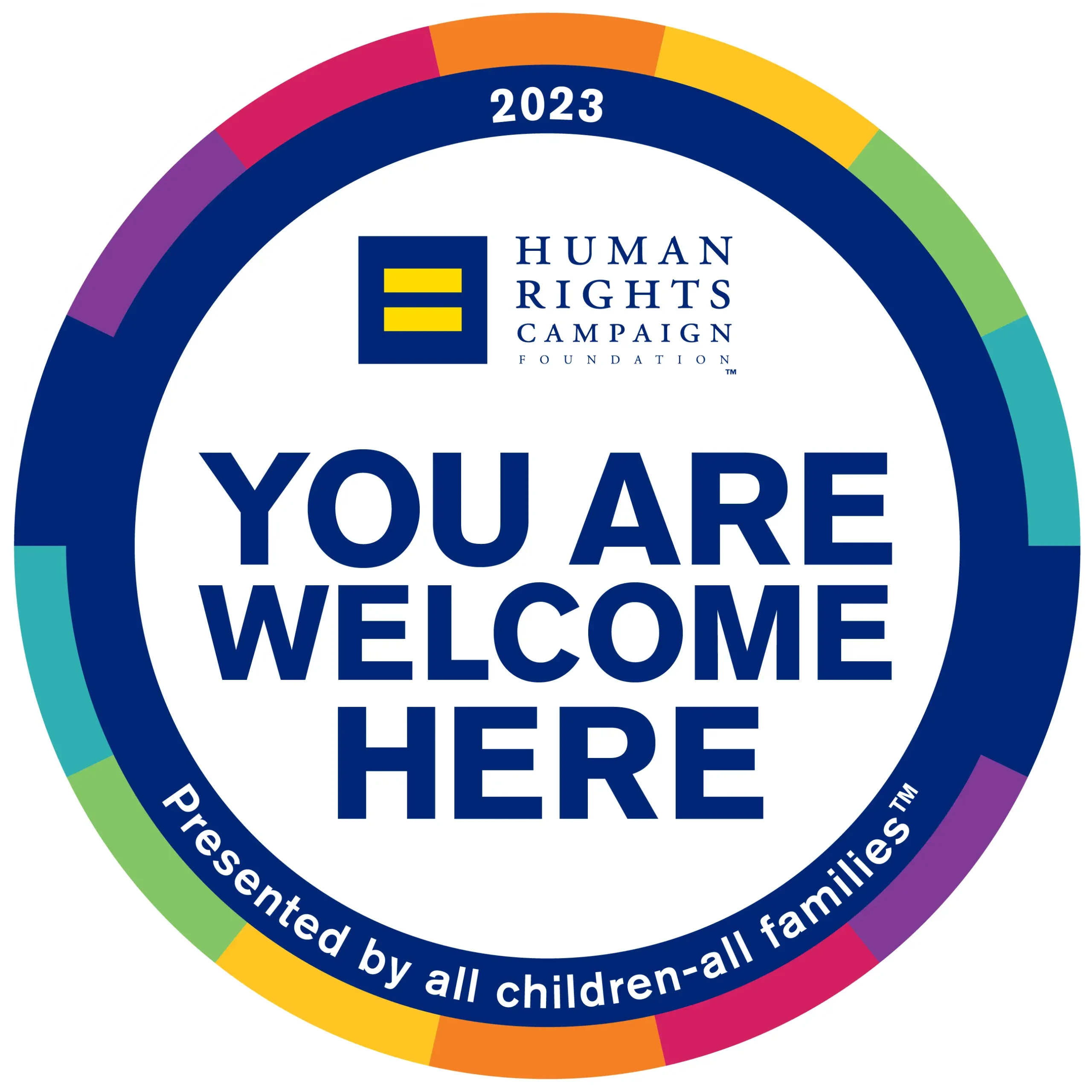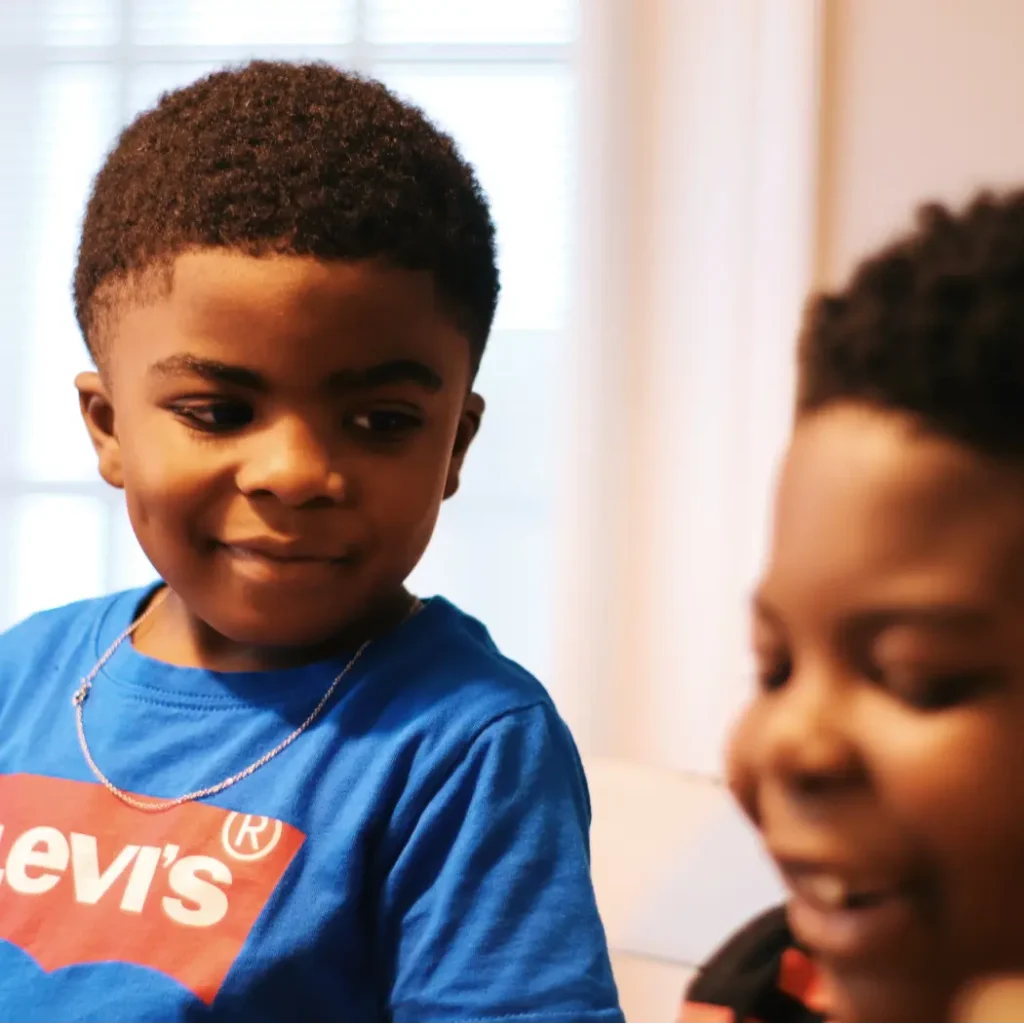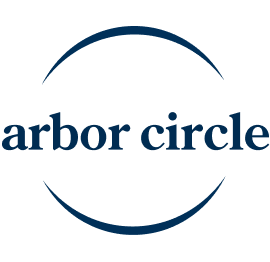Foster Care
Foster care provides children with a temporary safe and nurturing home. At Arbor Circle, our goal is to reunite children in foster care with their biological parents. Foster parents work in partnership with birth family members and child welfare professionals to provide support for the child during their time in care.
To learn more about becoming a foster parent, please complete the interest form below. You can also support our foster care services by making a gift to Arbor Circle.

average number of michigan children in foster care due to abuse or neglect
average number of months children spend in foster care
You are welcomed, you are needed
Arbor Circle’s greatest needs are foster families open to sibling groups and older children or teens, along with racially diverse foster parents who demographically represent the children we serve. We accept, affirm, and celebrate foster families of all backgrounds and identities. Arbor Circle partners with foster families at every step of the way, supporting the needs of both the children and caregivers.

Other ways to support foster Families
Foster parenting is not for everyone. If you have a heart for children in care but are unable to be a foster parent at this time, there are still ways you can help.
Ready to get involved?
To learn more about becoming a foster parent, please complete the interest form below. You can also support our foster care services by making a donation to Arbor Circle.
Sign up for our newsletter
Our monthly newsletter is the perfect way to stay updated on the latest happenings, events, and inspiring stories from our community members.
